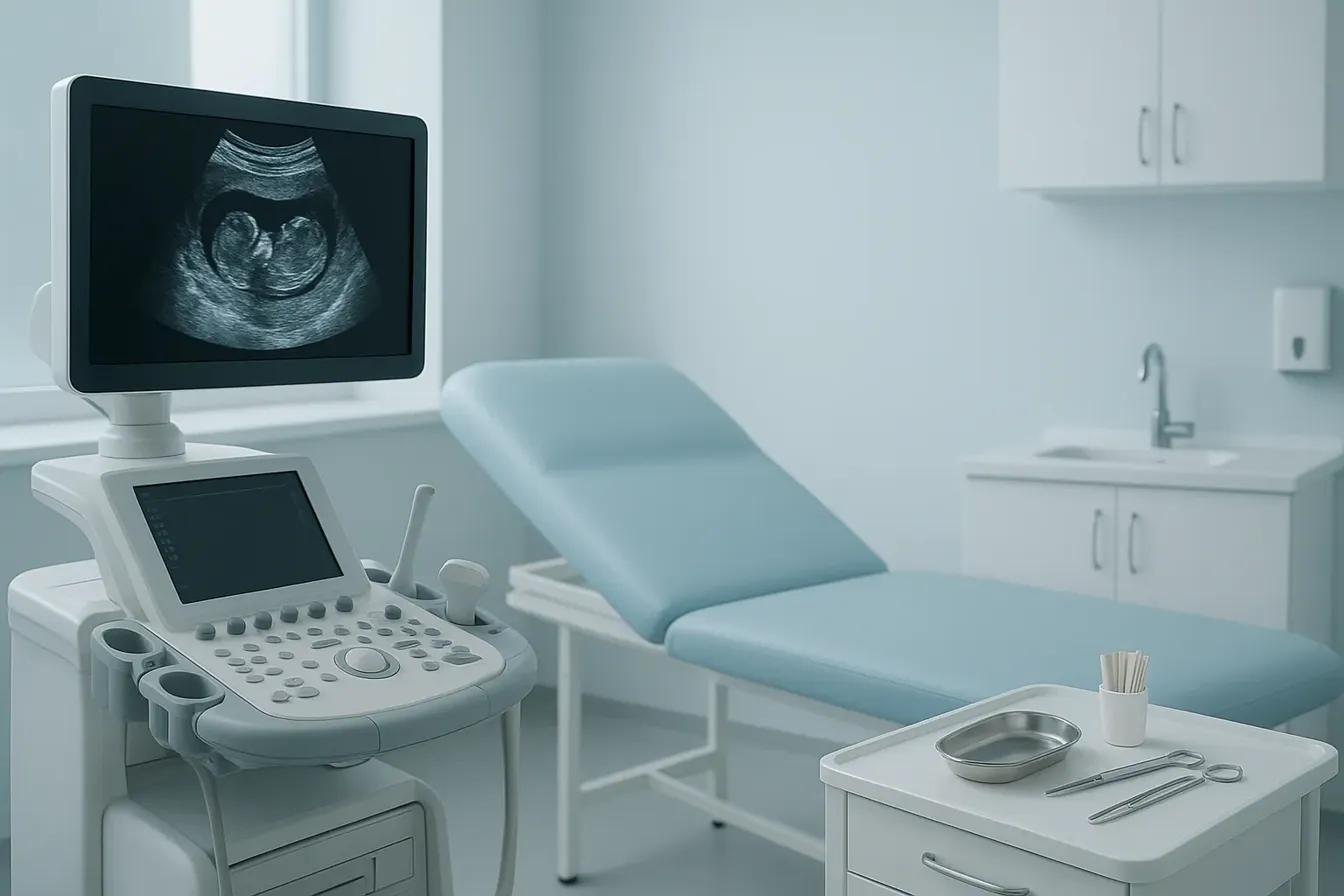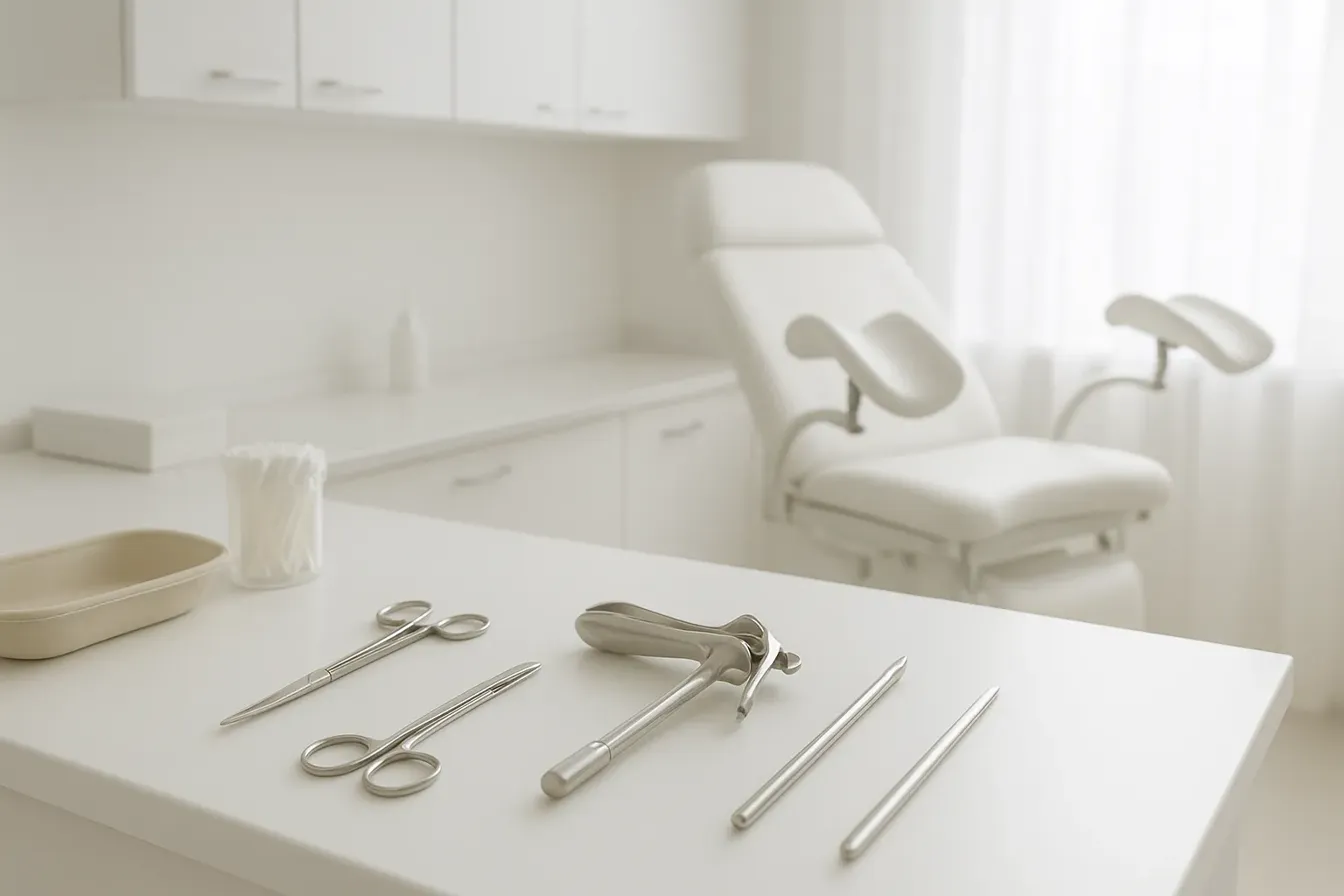Empowering Choices: The Essentials of Birth Control Counseling

As a woman, routine gynecological exams are an important part of your preventive health plan. If you’re not scheduling a visit annually, you could face reproductive health complications that may otherwise be preventable.
At Raveco Medical, our experienced gynecology team offers routine pelvic exams and other preventive screenings to ensure you’re healthy and functioning optimally.
Why annual gynecological exams matter
The main goal of a routine gynecological exam is to identify potential health issues that can affect your long-term health and reproductive wellness. You should schedule your first visit by the age of 21 or sooner if you’re sexually active.
Our gynecologists perform a pelvic exam and other screenings to assess your reproductive organs and check for warning signs of underlying disease.
This is important because many serious conditions that affect a woman’s health don’t cause noticeable symptoms until they progress. For instance, you can have precancerous or cancerous cells growing in your cervix without any warning signs.
By having a routine pelvic exam and Pap smear, our physicians can identify the issue in the earliest stages and also remove the abnormal tissue to prevent cancer from developing and spreading to other places.
What to expect during your routine gynecology appointment
During your routine gynecology appointment at Raveco Medical, you can expect to spend time with your gynecologist discussing any concerns or questions you have since your last visit. We also review your medical history and may ask questions about your sexual health and lifestyle.
As part of your visit, our providers perform several screenings, including:
Pelvic exams
Pelvic exams give our doctors an opportunity to manually check your cervix, uterus, and other inner reproductive organs. They also assess your vaginal health, so they can identity warts or other signs of a sexually transmitted disease (STD).
Pap smears
A Pap smear is a minimally invasive test that involves collecting a sample of cells from your cervix to test for precancerous or cancerous changes.
Breast exam
Manual breast exams help our physicians find lumps or other abnormalities that might indicate breast cancer.
We also offer blood work and urine tests to screen for STDs if you had unprotected sex. You may need additional tests if you have any physical or sexual health issues such as pelvic pain, urine leaks, or infertility.
Other benefits of routine gynecological exams
In addition to identifying underlying conditions you may not know you have, our gynecologists can provide a range of resources to maximize your health and sexual wellness. We can also help you choose a birth control method that makes sense for your family plans and your current health.
If you have issues related to menopause, we can recommend lifestyle changes, diet modifications, and treatments like hormone replacement therapy (HRT) to help you feel like yourself again.
Annual gynecological exams are also a great time to discuss your options for achieving and maintaining a healthy weight to lower your risk for infertility, heart disease, and other complicated health issues.
To schedule your routine gynecological exam, call the Raveco Medical office nearest you today or book an appointment online.





.png)